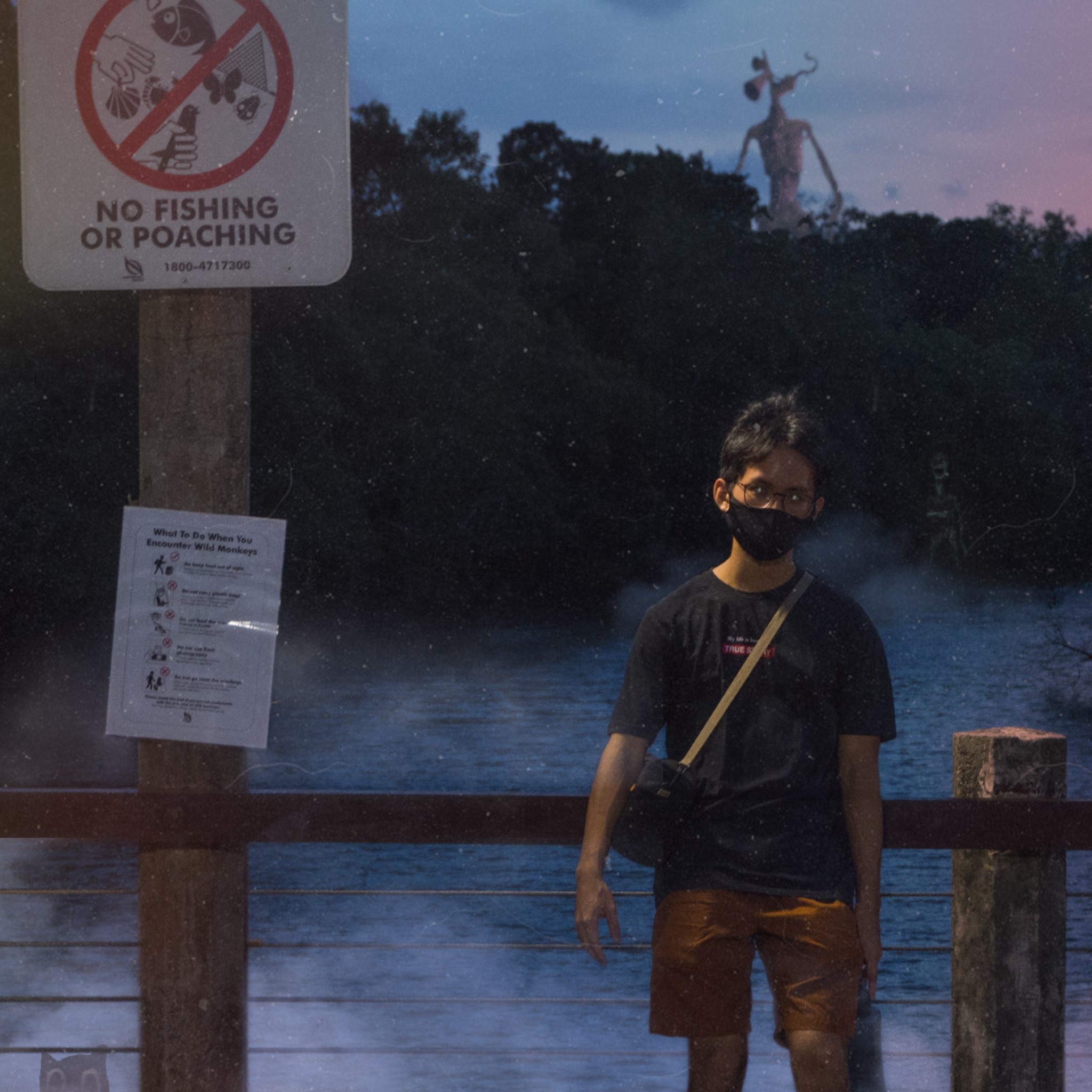It is common to be plagued by a myriad of emotions when faced with making any major changes in one’s life. Career change is a similar big decision that comes along with its own set of challenges. After having worked in a particular industry or in a particular role for a while, people may experience burnout, boredom or the longing to explore their hidden talents and unleash their creative sides. Also, as we grow and evolve we might change as a person and have different beliefs and goals compared to what we started off with. All these reasons push us to make a move, however the risk associated with the probability of having to start from the ground up in a new career might hinder the transition.
I have found myself dealing with the same struggle in my adult life and have often wished I had better risk taking ability. After some retrospection, I came to the conclusion that I had barely taken any risks as a child. I feel that my low risk taking aptitude could be holding me back.
The idea is to gamify the process of making "big decisions" as a kid when the actual risk associated with such decisions is very low. Parents could offer their children the option to give up their old toys, their favourite clothes etc. (for example: all toys they brought that year) in exchange for something they have desired for long- for e.g. a new toy, a trip to Disneyland, a pet, a new experience and so on (parents need to ensure that the child is asked to give up something that they really value).
Since the child will be asked to sacrifice something they are accustomed to in exchange for something they desire but have limited experience with, it will help teach them the skill of starting afresh, calculating benefits of making the change and subsequently improve their risk taking aptitude. Having to give up all that they had accumulated over time for something potentially rewarding could help simulate situations they might be faced with as adults.
The first few times the child may be unsatisfied with their decision but over time, they will be become better equipped to make “tough” decisions like letting go of something that is no longer relevant in their life in exchange for a promising new opportunity.
Parents can ask kids to give structure to their thoughts around the decision by making a pros vs. cons list and can repeat this exercise from time to time.
This can help imbibe the skill of welcoming change and taking calculated risk as adults.



Please leave the feedback on this idea
Please leave the feedback on this idea
Please leave the feedback on this idea